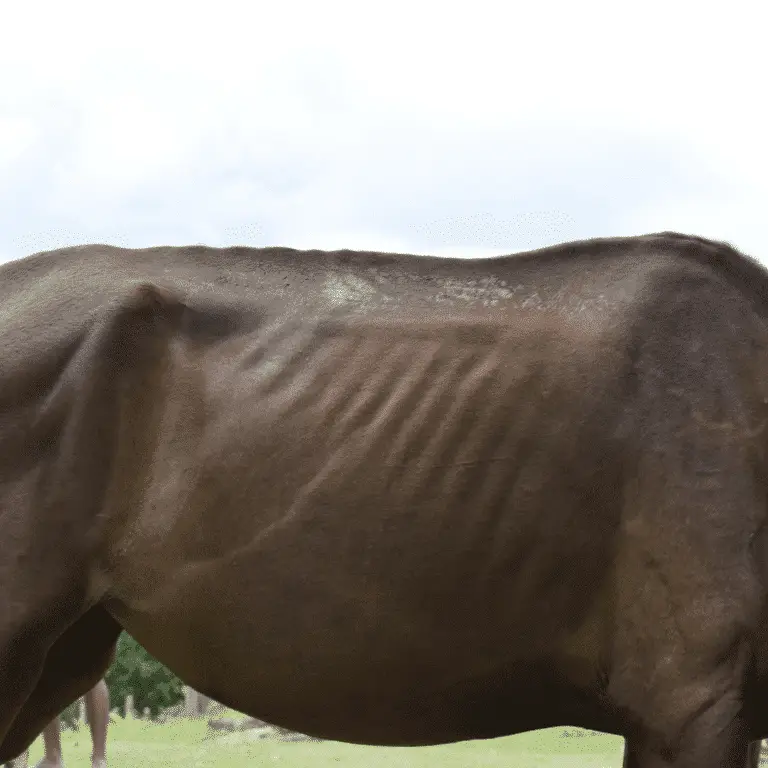Whether you’re a seasoned equestrian or new to horse care, understanding the symptoms, treatments, and prevention strategies for metabolic and endocrine disorders is crucial for your horse’s health and well-being.
Metabolic and endocrine issues in horses can manifest in various ways, including obesity, insulin resistance, and hormonal imbalances. Recognizing these symptoms early can make a significant difference in managing your horse’s condition. Our articles cover a wide range of disorders, from common issues like Equine Metabolic Syndrome (EMS) and Cushing’s disease to more complex conditions such as Addison Disease.
Each article dives into the underlying causes of these ailments, evidence-based treatments, and practical tips for prevention and management. Whether you’re looking for advice on dietary management, exercise routines, or seeking guidance on when to consult a veterinarian or equine nutritionist, we’ve got you covered.





